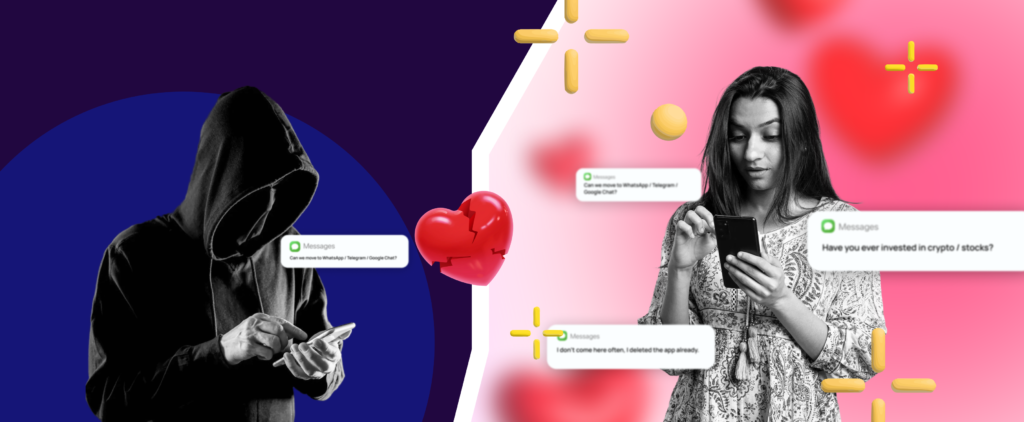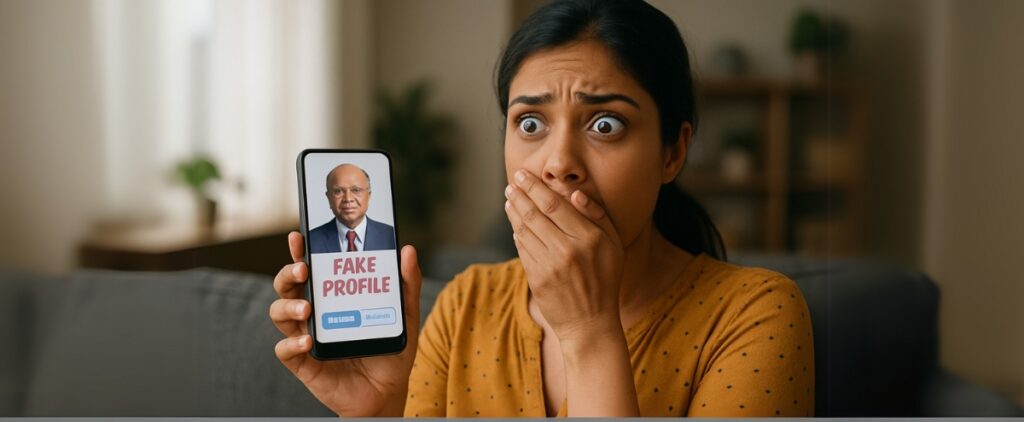
S ocial media can be a lot of fun, whether you’re connecting with your friends across cities, happily sharing amazing memories and special moments in your life, or being entertained by reels from your favourite content creator.
From giving you skincare tips to lists on places to eat at, home decor to buy, or even provide a platform for your unfiltered daily vlogs, social media offers endless opportunities. However, unchecked sharing of information on social media can have a downside, especially for young India netizens populating the digital space. Every photo, post, or status update that is shared remains as a part of our personal digital footprint that can be accessed by friends, strangers, future employers, or, unfortunately for some, cybercriminals. In a world where it is easy to forget that the public nature of the internet matters, oversharing becomes much more risky.
Oversharing is the act of sharing too much personal information on the internet than necessary. This could be as obvious as sharing your whole daily schedule, your home address, or even other details of your personal information. Although it may seem innocent, this post may put you right in the sights of a predator capable of committing crimes such as stalking, identity theft, or straight-up robbery. For example, if you post that you are going to be on vacation, a burglar may learn that your house is empty while you are away. So, avoid tagging your location in posts, as well as geotagging; if you must disclose your location online, it should only be with those you trust.
In India, there are over 500 million people on social media, which makes oversharing much more precarious. Don’t share your address, phone number, or share personal updates in real-time.
Dangers of Oversharing on Social Media
- Cyberbullying and Stalking: If you publicly share personal details about your life, you are likely to be an easy target for cybercriminals who use such information to harass, stalk or scam users.
- Hacking: The more personal information you share, the easier it is for hackers to guess your passwords or answers to personal security questions to hack into your accounts.
- Phishing: Scammers will sometimes create false profiles to masquerade as friends, which can lead you to share personal information!
- Online Quizzes: Avoid sharing personal info, even if it is for a silly quiz. They could very well be harvesting your data to sell to cybercriminals.
- Fake Job Offers, Investment Scams: Scammers love to use social media to pitch fake job offers, so always verify whether it is real before you commit to it.
How to Stay Safe Online
- Review Privacy Settings: Make your profile private so that only people you trust can see your activity on your socials.
- Avoid Unknown Friend Requests: Don’t accept requests from people you don’t know; and if you have a public profile make sure you’re keeping an eye on who’s interacting with your posts.
- Use Strong Passwords and Two-Factor Authentication: To secure your account use a complicated password that no one can easily guess. Use Two-Factor Authentication for all your accounts, whenever possible.
- Report Suspicious Activity: If you receive suspicious messages, report the activity immediately. If you or someone you know has been a victim of a social media crime, report the incident at cybercrime.gov.in.
- Stay Alert Against Scams: Beware of red flags! If someone asks you for money and wants it to be sent urgently, or requests your bank account details, it is highly likely that they are trying to scam you.
- Learn Cyber Hygiene: Good cyber hygiene involves regularly updating privacy settings, using strong passwords, and being cautious about what you share.



 Social Media Safety
Social Media Safety 







